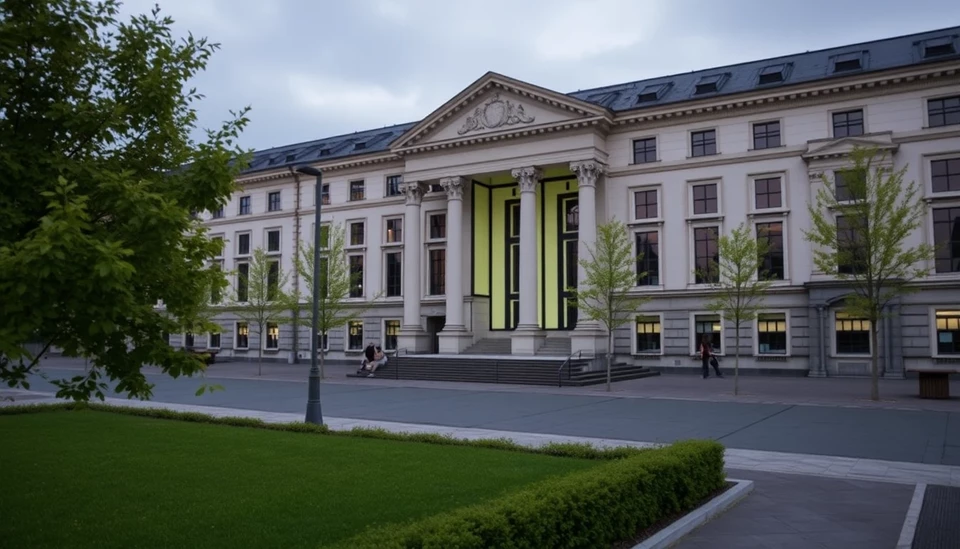
Germany's New Government Unveils Plan to Support SMEs Using Legacy Bank Levy Funds
In a significant policy shift aimed at revitalizing the Small and Medium Enterprises (SMEs) sector, Germany's new government announced that it will allocate funds from a legacy bank levy to bolster support for small businesses across the nation. This move is seen as a strategic effort to stimulate economic growth and enhance the stability of SMEs, which play a critical role in the country's economy.
Continue reading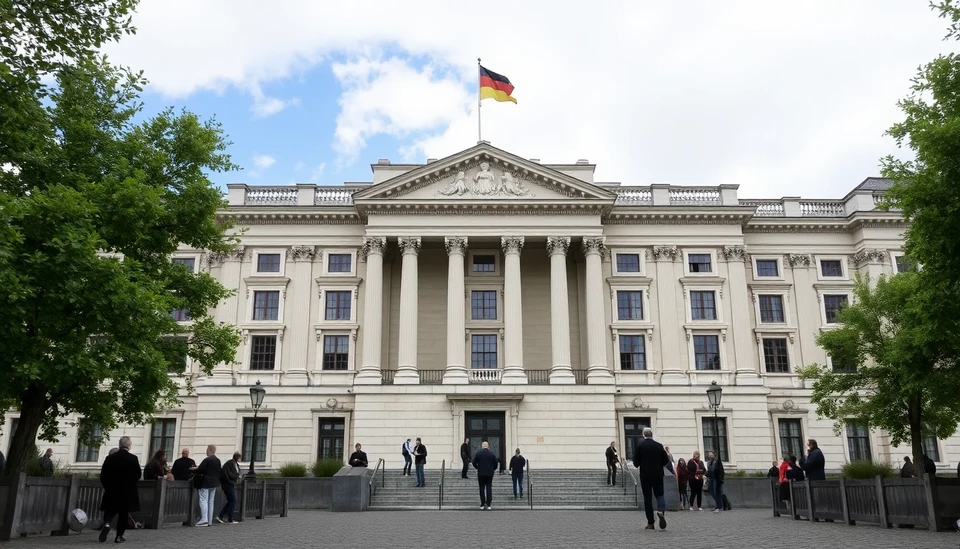
German Lawmakers Approve Groundbreaking Spending Package, Marking the End of Austerity Measures
In a significant shift in fiscal policy, German lawmakers have passed a landmark spending package that signals the end of an era characterized by strict budget austerity. This groundbreaking decision reflects a growing consensus among political leaders regarding the necessity of substantial financial investments, particularly in areas like infrastructure, social services, and climate change initiatives. The decision comes at a time when Europe is grappling with various economic challenges, and Germany aims to assert its leadership in addressing them.
Continue reading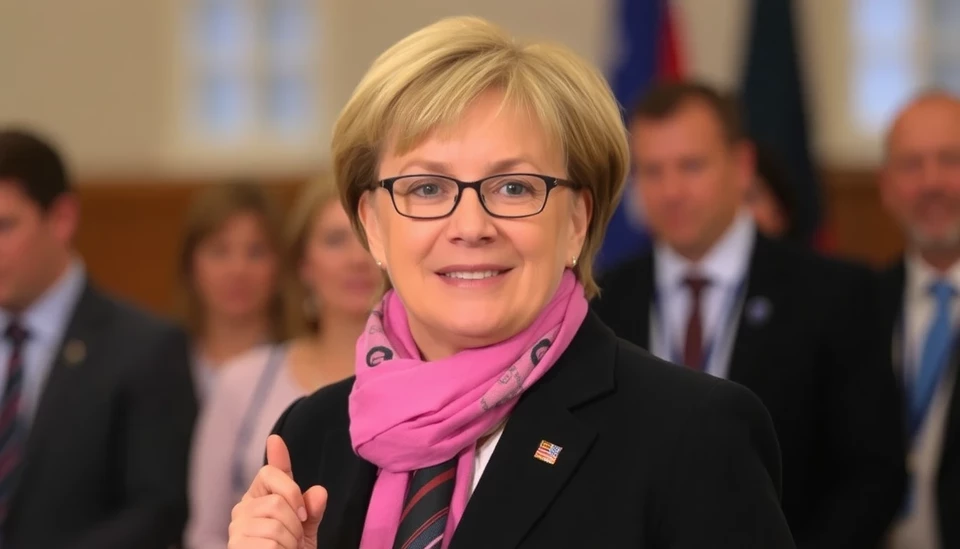
Fringe Parties in Germany Challenge Debt Reform Efforts
In a surprising turn of events, recent electoral outcomes in Germany have revealed a significant rise in support for fringe political parties. This shift has cast doubt on the government’s ability to implement much-needed debt reforms. The results stem from regional elections and have raised alarm among mainstream parties, which are now grappling with how to respond to this changing political landscape.
Continue reading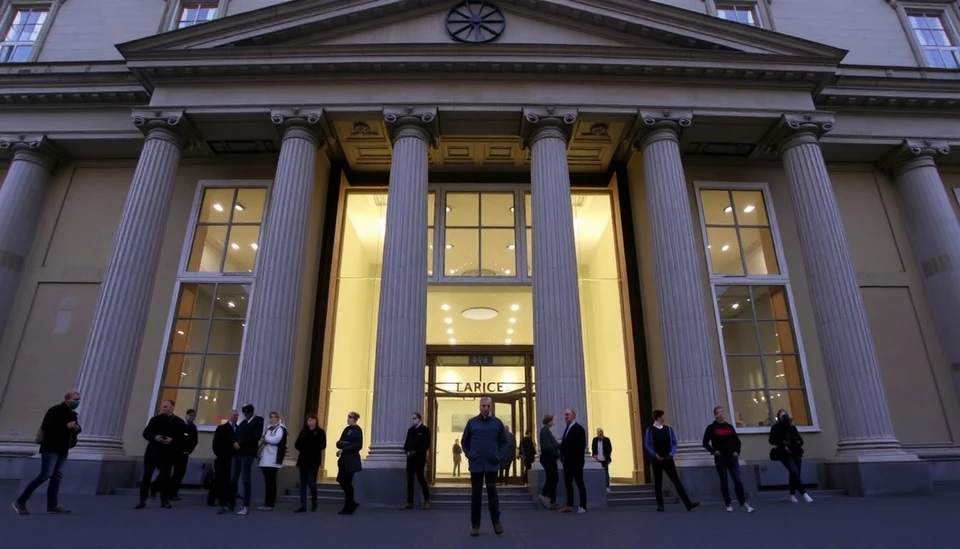
Germany Approves Provisional Budget Amid Political Uncertainty Ahead of Snap Elections
In a significant move that underscores the political turmoil facing Germany, the government has enacted a provisional budget for 2025. This decision comes in the wake of the announcement of snap elections, reflecting the need for stability and continued governance during a period marked by uncertainty. The provisional budget aims to address immediate fiscal responsibilities while allowing for a flexible approach as the country prepares for electoral outcomes that could reshape its political landscape.
Continue reading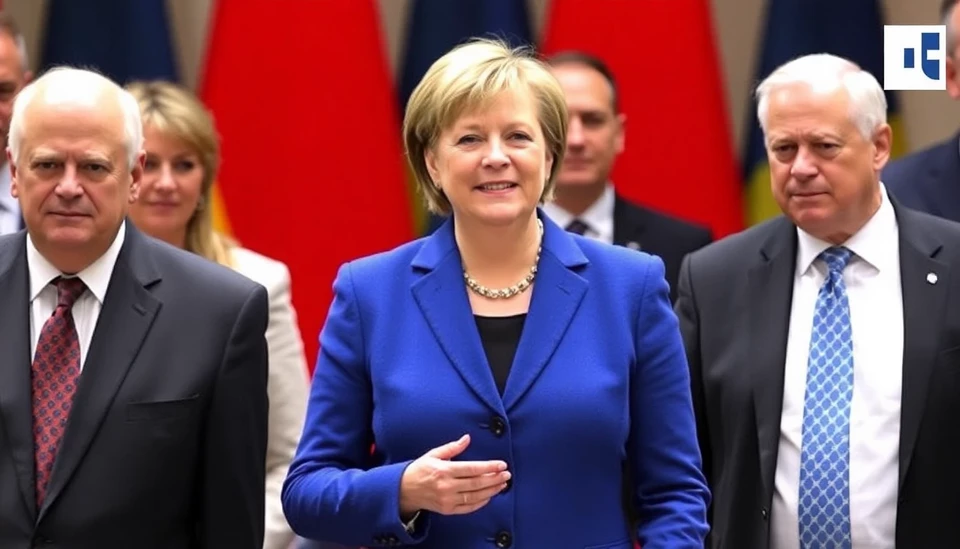
Shifting Sands: Germany's Ruling Coalition Faces Uncertain Future
In a surprising turn of events, Germany’s current ruling coalition appears to be quietly unraveling, as factions within the government express increasing discontent with both policy direction and leadership. The coalition, made up of the Social Democrats (SPD), the Greens, and the Free Democrats (FDP), has struggled with deteriorating public support and internal discord, leading many to speculate that it might already be on the verge of collapse.
Continue reading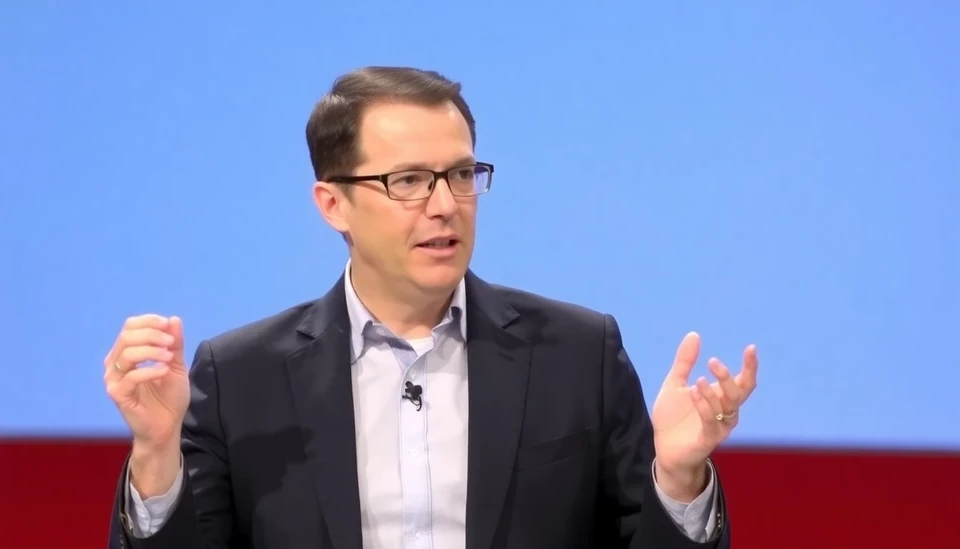
Scholz Calls for Increased Hiring and Wages to Boost Germany's Economy
In a decisive move to stimulate the German economy, Chancellor Olaf Scholz has put forth a compelling argument advocating for increased hiring and higher wages. Speaking at an economic conference, Scholz stressed the urgent need for these measures to counteract stagnation and foster growth within Europe's largest economy.
Continue reading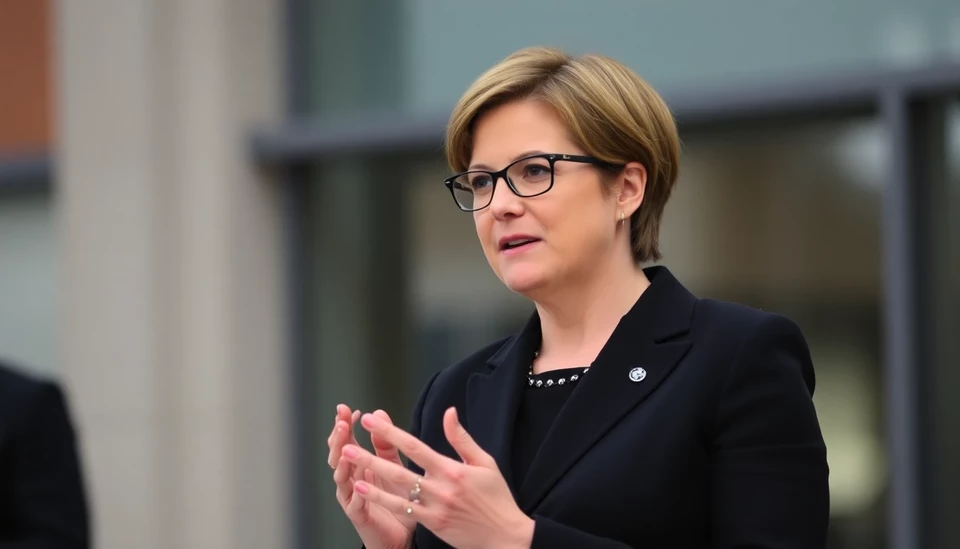
Germany's Economic Shift: Chancellor Scholz's Push for Foreign Workers Amid Rising Anti-Migrant Sentiment
The German economy is currently navigating a complex landscape, marked by both a pressing labor shortage and an increasing wave of anti-migrant sentiment. Chancellor Olaf Scholz is actively seeking to attract foreign workers as part of a broader strategy to address the workforce gap that is hampering the nation’s growth. This decision is pronounced against a backdrop of rising public skepticism regarding immigration, presenting a delicate balance for the German government.
Continue reading